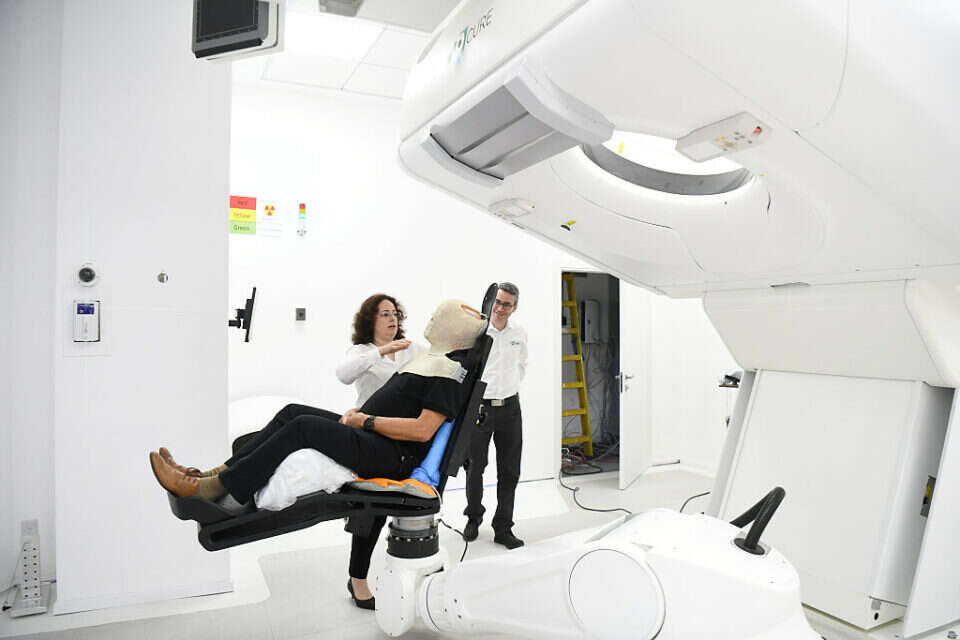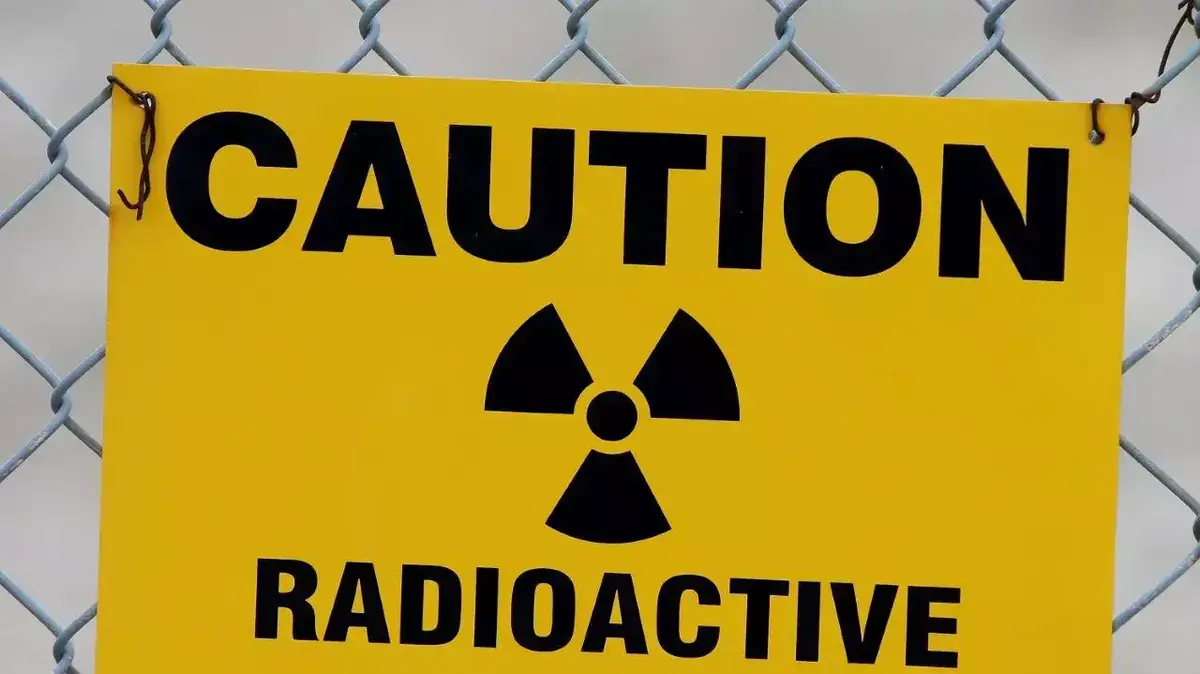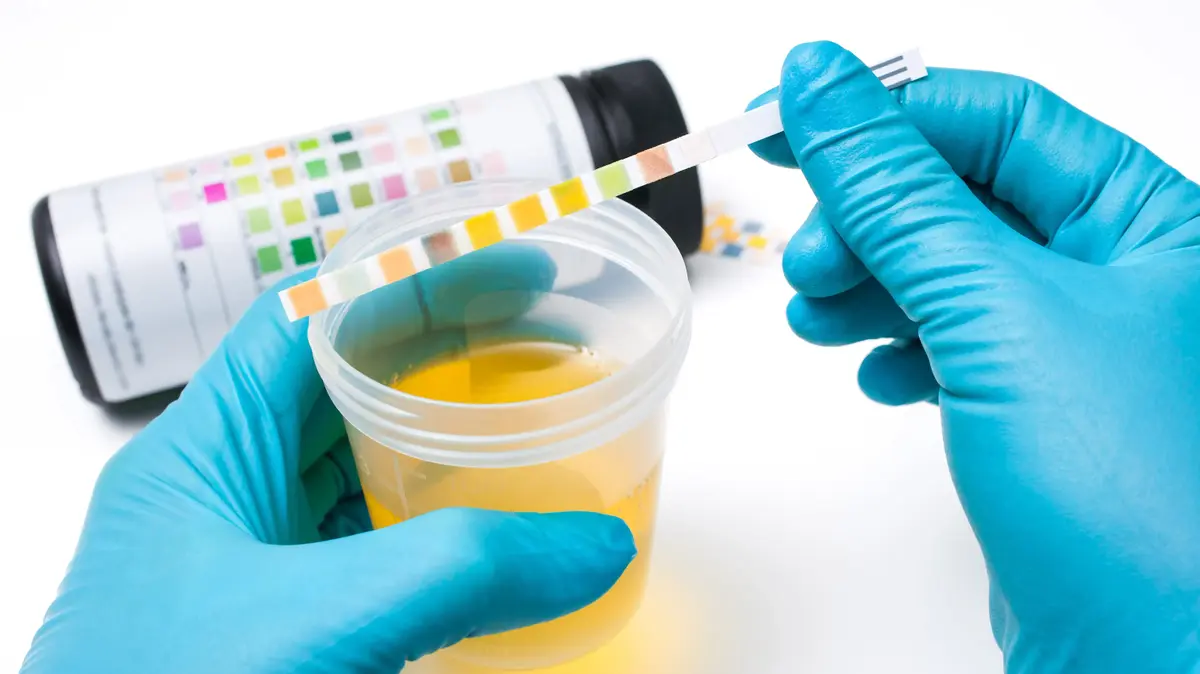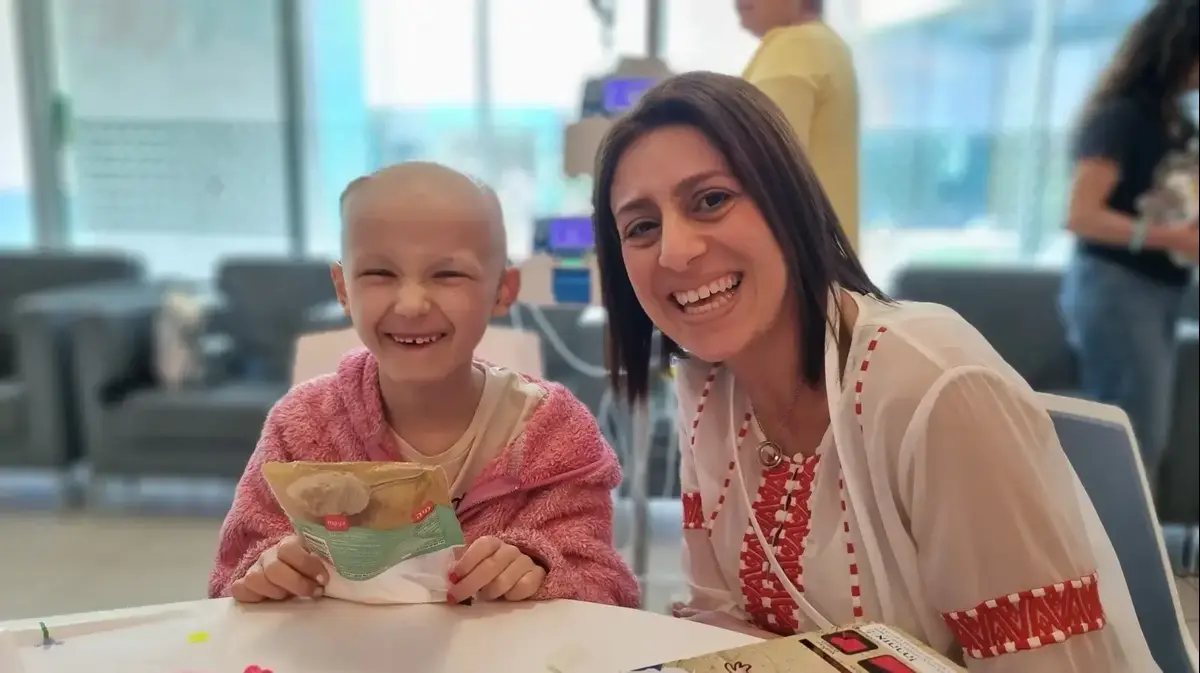One out of every 100 subjects who came for screening tests at the Cancer Prevention Center in Ichilov was diagnosed with a cancerous tumor.
These are subjects who are defined as healthy and without symptoms, so it is likely that without early detection tests - blues would not have been detected.
Moshe ben Simhon
In Ichilov, the cancer prevention center has been operating for 13 years.
In an article that collected data from 17,000 subjects at the center in the years 2006-2020, it appears that 1% of the subjects who were healthy and without symptoms were found to have an early stage cancer.
More than 75% of those verified were found in the early stages of the disease.
The early detection made it possible to give those subjects timely medical treatment and stop the spread of the disease.
The average age of the subjects was 47 years.
Of the 259 cancer cases discovered, 49 (about 20%) were in a very early stage - stage 0, 143 cases (55%) were in stages 1 and 2, 10% in advanced stage 3 - and only 12.5% in a metastatic stage.
12 types of cancer
The Integrated Center for Cancer Diagnosis and Prevention at the Ichilov Hospital performs screening tests for the 12 most common types of cancer that are responsible for 80% of cancer deaths.
Radiation accelerator at Ziv Safed Medical Center // Photo: Eyal Margolin - Gini,
The subjects undergo tests for the early detection of 12 types of cancer: oral cancer, thyroid cancer, colon cancer, skin cancer, lung cancer, breast cancer, uterine and cervical cancer, prostate cancer and testicular cancer.
The study was recently published in the leading professional journal Journal of Clinical Oncology, and its author, Prof. Nadir Arber, director of the Center for Cancer Diagnosis and Prevention in Ichilov, intends in the light of the data to suggest to the European Society of Oncology (ESMO) to adopt the early detection program in European countries as well.
"Our center is the first of its kind in the world. We internalized that healthy people are very busy people, and the only way to concentrate early detection efforts is only through the establishment of such a center, which provides all early detection and prevention services at the same time and under one roof," says Prof. Arber.
"Now the innovative concept of early detection of cancer in the same place and in one visit has changed what was accepted - of a separate review for each cancer - and this is the first time that the oncology community recognizes the importance of this concept. We must recommend lifestyle changes that can be used for primary prevention, and save lives."
Prof. Nadir Arber, Director of the Center for Cancer Diagnosis and Prevention in Ichilov // Photo: Courtesy of Ichilov
A large part of the tests performed at the cancer center in Ichilov are not recommended by the doctors' associations as tests for the general population.
Some of them may lead to the discovery of findings that will lead to unnecessary tests such as biopsy, surgeries and even unnecessary treatment.
Unnecessary or necessary?
The tests defined as unnecessary include: early detection of thyroid cancer, a cancer whose mortality rate is about 1 in 1,000 patients, and whose treatment may cause more harm than the disease itself;
Blood tests for inflammatory markers (CRP), which is not included in the guidelines of the medical associations, and also the blood test for the detection of prostate cancer (PSA), which for many years was not recommended because it often led to unnecessary investigations and the detection of cancer at such an early stage that the damage from its treatment was great More than the damage from it, and even today it is not recommended over the age of 70.
Very early detection of cancer // Photo: GettyImages (illustration),
"Obviously, performing a lot of tests by definition will detect more cancer cases," says an executive in the health system.
"The question is: for every person with a possible benefit, how many people will pay a heavy health and mental price that they could have avoided had they not performed unnecessary tests."
Prof. Amnon Lahad, chairman of the Society for the Prevention of Overdiagnosis and Overtreatment and head of the National Council for Community Health, believes that there is no reason for healthy people to perform screening tests of this type: "It is important to know that there are several types of cancer whose detection sometimes does not change the patient's life expectancy.
"In the world there is an overall agreement on only three tests for the early detection of cancer in the normal population without risk factors: occult blood in the stool, mammography and low-dose CT to detect lung cancer in heavy smokers. Everything else may result in overdiagnosis, and sometimes also treatment that does not improve my life expectancy the patient. Screening tests have not been proven to reduce mortality."
were we wrong
We will fix it!
If you found an error in the article, we would appreciate it if you shared it with us








